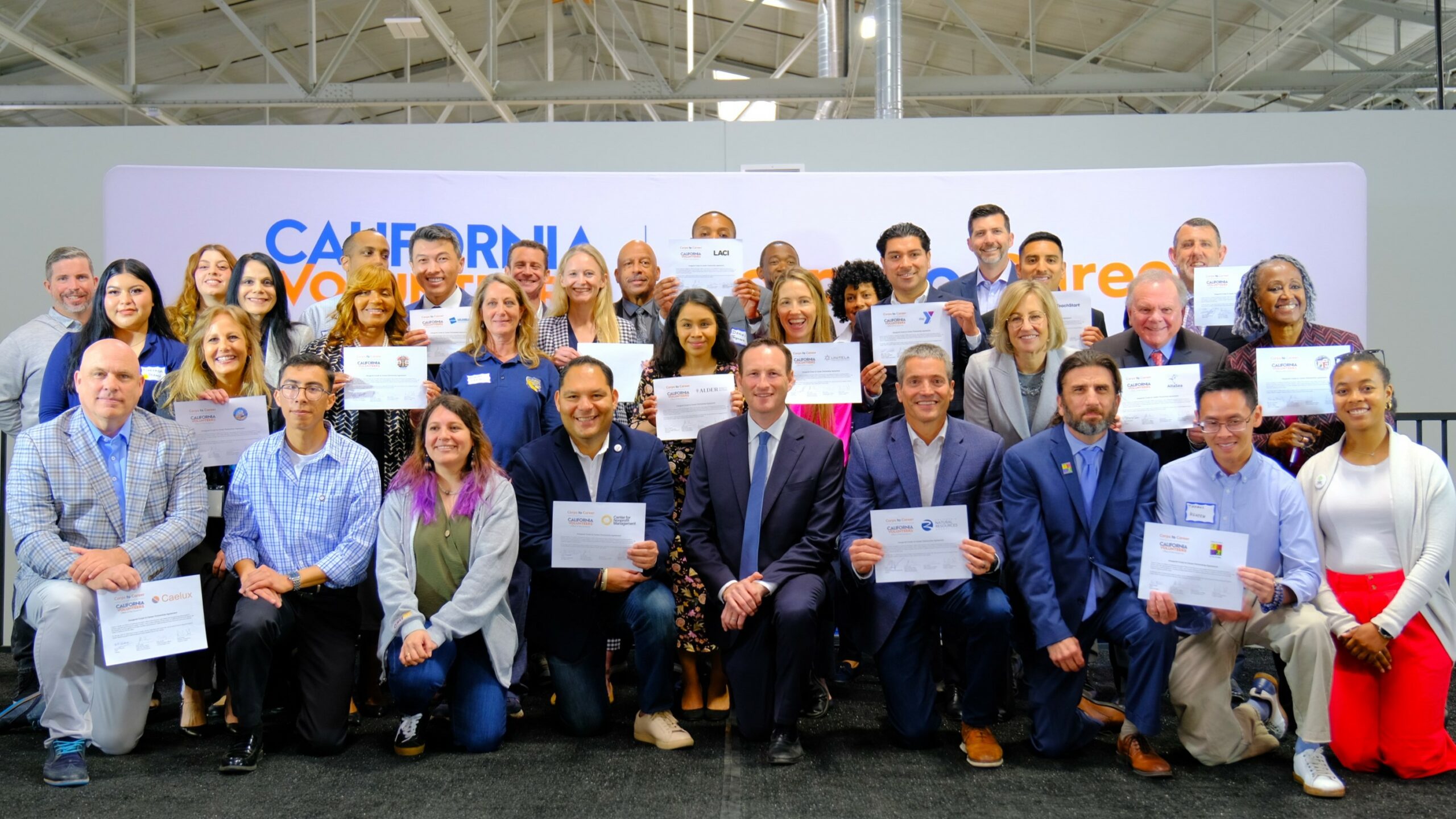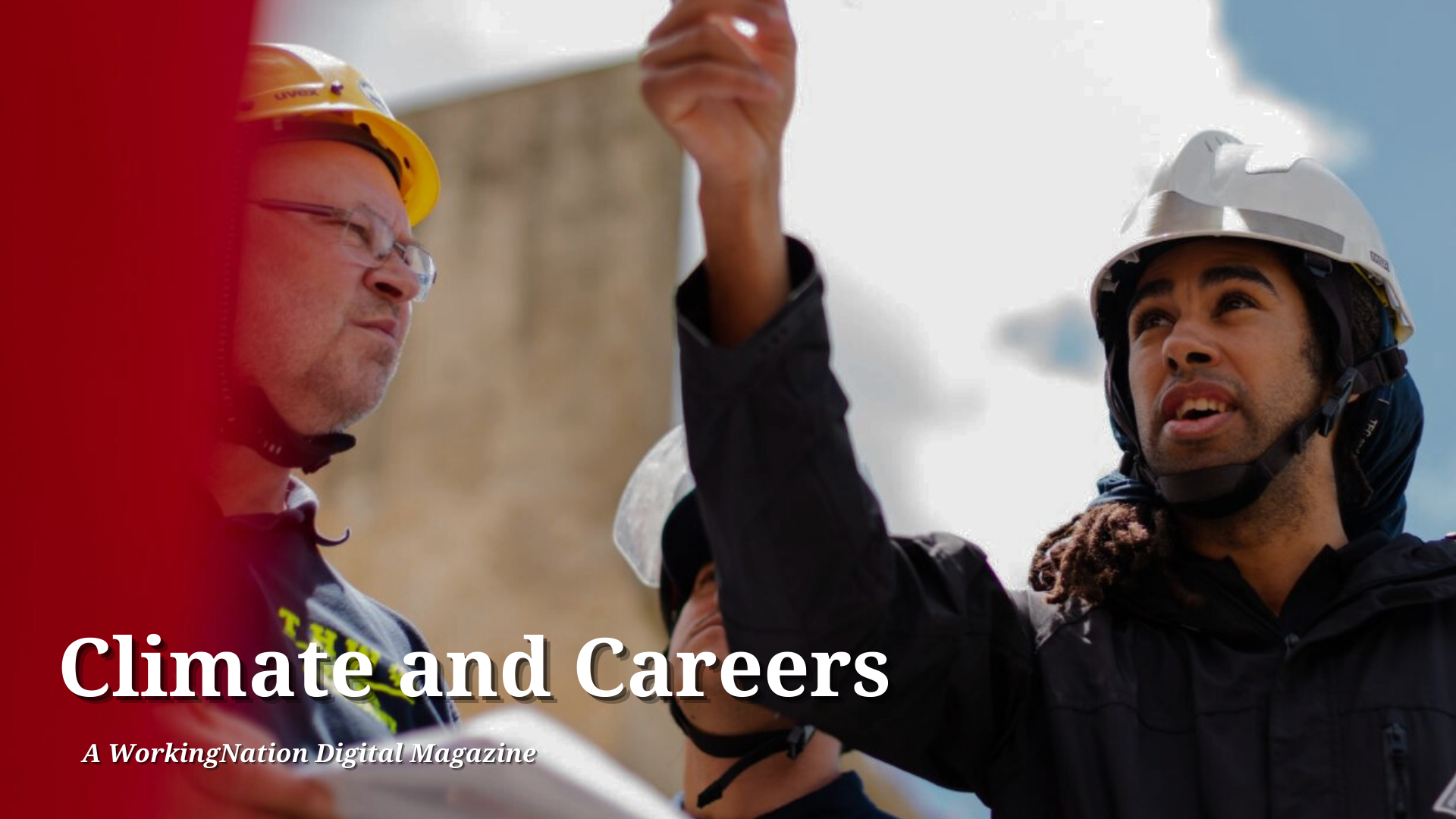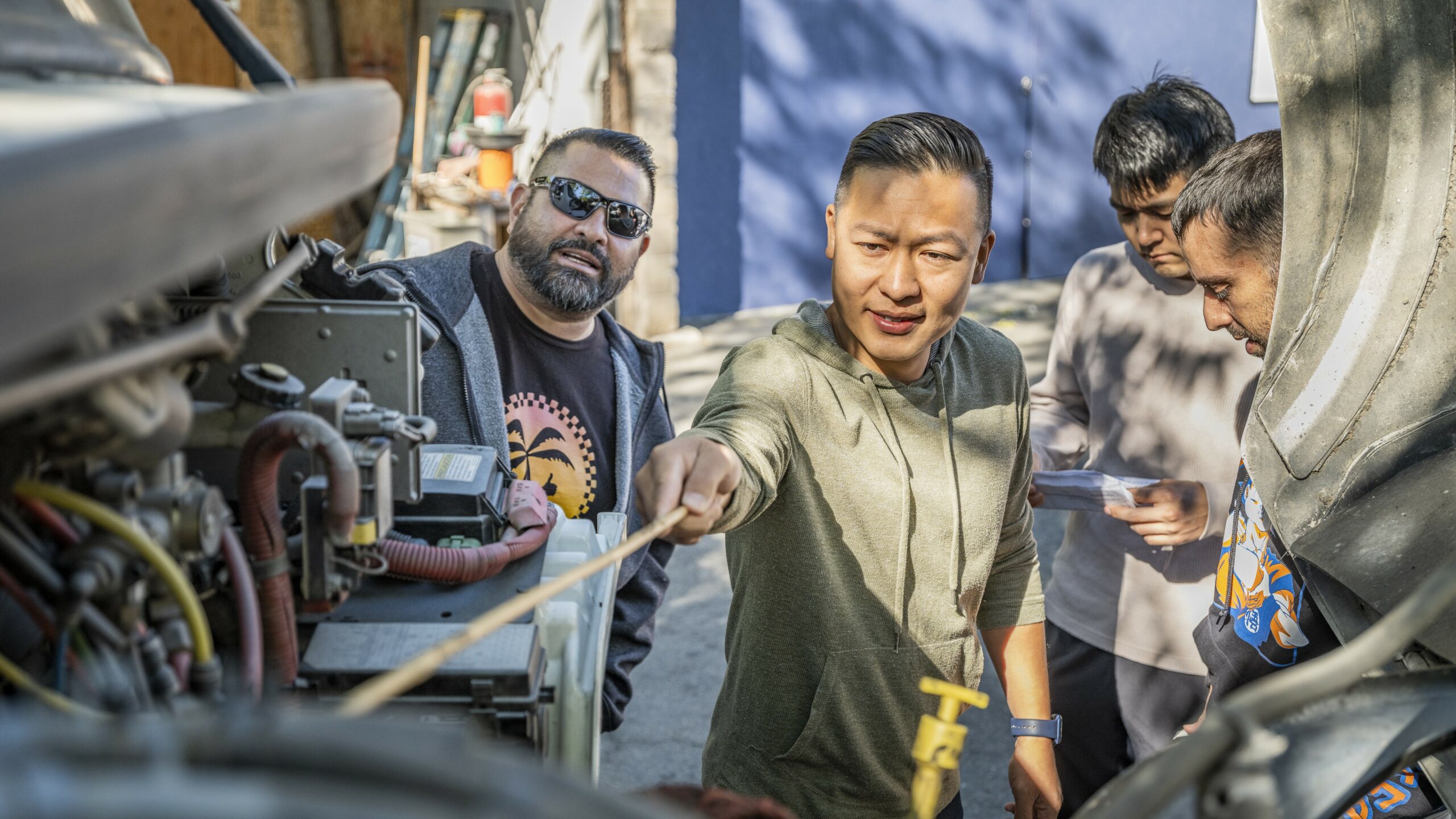
2020 has been a year of challenges. A recession and a pandemic have dealt the economy a staggering blow, leaving millions of Americans looking for work. As we look toward 2021, we look with hope that a recovery is on the horizon and those men and women out of work will find a pathway back to employment and a career.
They can’t do it alone. It is imperative that we work together to help make this an equitable workforce recovery, one that is inclusive of everyone. This is happening across the country and we believe solutions are local. With that in mind, we wanted to take a look at how this recovery is being built in different communities and share those solutions here on our pages.
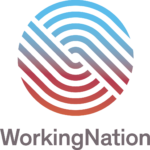
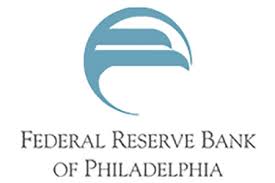
On October 2, WorkingNation partnered with the Federal Reserve Bank of Philadelphia to bring together some of the people and organizations leading the effort in that city and the surrounding area to forge a jobs recovery for all its citizens. Together, we hosted the webinar A New Kind of Back to Work: Talent, Recovery, and the Future of Greater Philadelphia.
Recent research on automation from the Philadelphia Fed puts emphasis on the importance of investing in workers at this moment in the pandemic. Preparing workers is critical to our collective economy recovery and health.
After an introduction and welcome by WorkingNation founder and CEO Art Bilger, Federal Reserve President and CEO Patrick Harker set the stage for the two-hour conversation with educators, business leaders, and workforce development champions.
“It’s often said that our current circumstances are the new normal. I refuse to accept that—a raging pandemic that is displacing millions of workers and killing around 1,000 Americans a day is anything but normal,” said Harker.
“But as we begin to map out what our recovery from the COVID-19 pandemic is going to look like, I also want to make sure that we don’t simply return to the old normal. We need to keep laser focused on building a better normal—one in which growth is shared more equitably and all Americans have an opportunity to participate fully in the economy.”
Pathways Forward
Uva Coles, founder and CEO of Inclusiva and an expert on workforce diversity and inclusion moderated the discussion.
The panelists were:
- Kevin Mahoney, CEO, Penn Health System
- Kris Kolluri, President & CEO, Cooper’s Ferry Partnership
- Nicole Tranchitella, Senior Managing Director, Accenture
- Dalila Wilson-Scott, SVP Community Impact, Comcast NBCUniversal
- Shelia Ireland, Deputy Secretary, Department of Labor and Industry at Commonwealth of Pennsylvania
- Patrick Clancy, President & CEO, Philadelphia Works
- Guy Generals, President, Community College of Philadelphia
- Rochelle Cooks, Director of Employer Engagement, Welcoming Center for New Pennsylvanians
- Chekemma Fulmore-Townsend, President & CEO, Philadelphia Youth Network
Here are some of the many highlights.
Nicole Tranchitella
“The people that are being impacted right now are not only impacted because of the technology disruption and what automation could be doing to them, but they tend to be people who don’t have the resources, that don’t have the skills and the tools to be able to navigate through career transitions. These individuals are at high risk of not being able to return (to the workforce). And so what we’re looking at within Accenture is what can we do as an employer, as well as a member of the community, to figure out how can we help educate and upskill or increase the skills…that they need so that they can now apply for the jobs that are in demand in the region, whether it’s now or as the business and the community returns to normal.”
Dalila Wilson-Scott
“We’ve all acknowledged that this moment is…unprecedented, and we need to get it right. We need to completely reevaluate everything we’ve done and figure out how we can work together. Collaboration’s going to be key, not just in this moment. I do hope this is not something that passes after this isn’t the topic of the day, but that we recognize that we all have a different asset that we can bring to the table, and together, if we’re all fighting for our region and all willing to go after a common objective, there’s a much greater chance that we’ll be successful in that.”
Kevin Mahoney
“I’m trying to get people to focus on where’s the future going to be and how do we get there. As one of the region’s largest employer with 42,000 employees, we took an oath when the pandemic hit that nobody would be laid off. Nobody would miss a paycheck. So we’ve been working hard to figure out how to do that upscaling. We need to get to just-in-time training that is training (necessary) digital skills and (other) necessary skills. I can’t necessarily tell you what the jobs are two years from now. I know they’re going to be there and they’re going to be expansive.”
You can watch the entire conversation at the Federal Reserve Bank of Philadelphia website.


